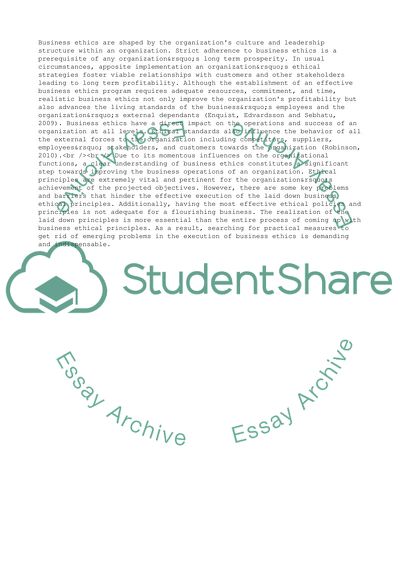Cite this document
(Ethical Principles of Profit versus Non-Profit Organization: Starbucks Research Paper, n.d.)
Ethical Principles of Profit versus Non-Profit Organization: Starbucks Research Paper. Retrieved from https://studentshare.org/business/1602254-ethical-principles-for-profit-vs-non-profit-organization
Ethical Principles of Profit versus Non-Profit Organization: Starbucks Research Paper. Retrieved from https://studentshare.org/business/1602254-ethical-principles-for-profit-vs-non-profit-organization
(Ethical Principles of Profit Versus Non-Profit Organization: Starbucks Research Paper)
Ethical Principles of Profit Versus Non-Profit Organization: Starbucks Research Paper. https://studentshare.org/business/1602254-ethical-principles-for-profit-vs-non-profit-organization.
Ethical Principles of Profit Versus Non-Profit Organization: Starbucks Research Paper. https://studentshare.org/business/1602254-ethical-principles-for-profit-vs-non-profit-organization.
“Ethical Principles of Profit Versus Non-Profit Organization: Starbucks Research Paper”, n.d. https://studentshare.org/business/1602254-ethical-principles-for-profit-vs-non-profit-organization.


